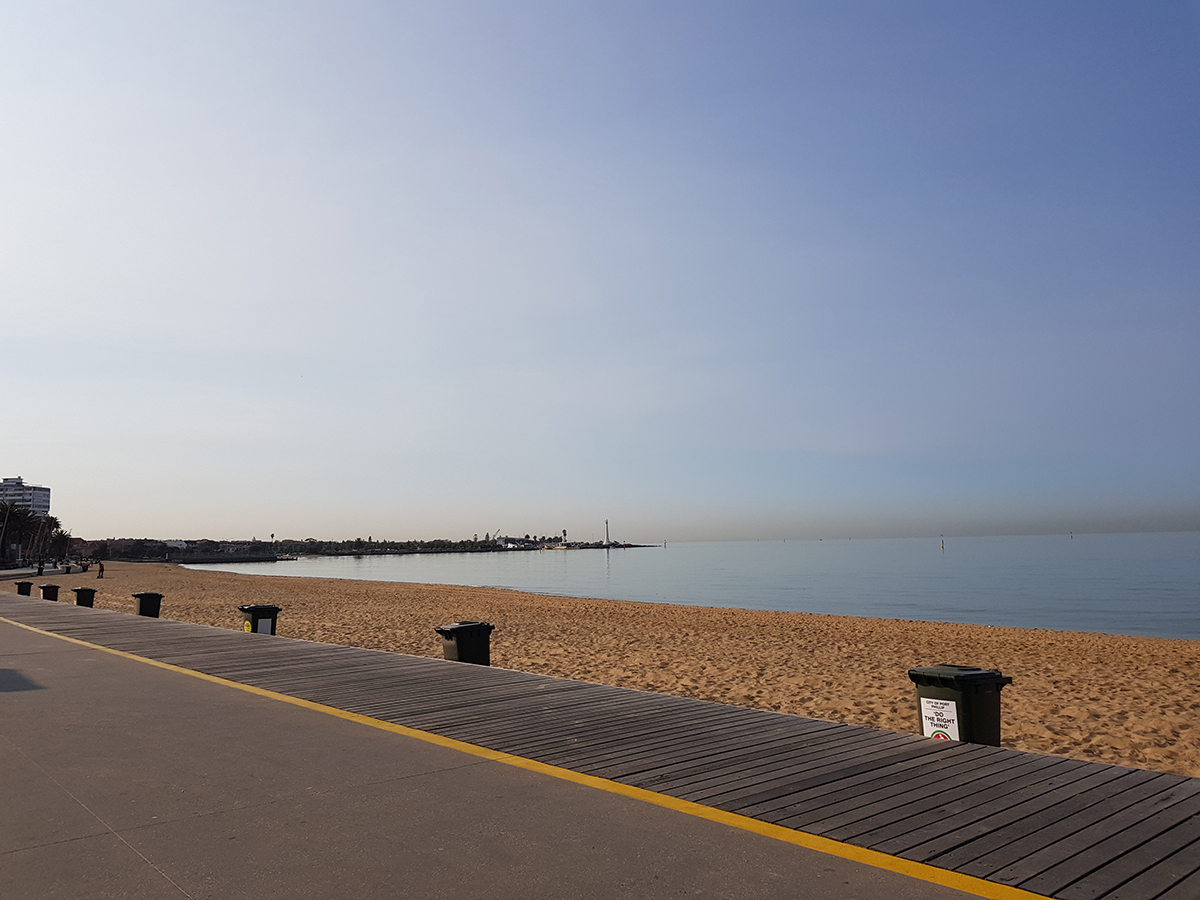 Tom Flanagan, of the NSW Department of Primary Industries, planting Lady Finger banana into Race 1 Panama disease infected soil at the trial site in the Tweed (credit Ben Holmes of NSW DPI).
Tom Flanagan, of the NSW Department of Primary Industries, planting Lady Finger banana into Race 1 Panama disease infected soil at the trial site in the Tweed (credit Ben Holmes of NSW DPI). Southern Cross University’s Centre for Organics Research is part of an innovation trial to increase the tolerance of Lady Finger bananas to the devastating Panama disease.
Article by Tom Flanaghan of NSW Department of Primary Industries (DPI).
Planting has begun for an innovation trial evaluating the effectiveness of silicon fertilisers in increasing Lady Finger banana tolerance to Panama disease Race 1.
The trial is being conducted in the Tweed Region of Northern NSW and is part of the National Banana Development and Extension project.
Panama Race 1 has been present in the north of NSW from the Tweed region south to Coffs Harbour for several decades and has had a devastating impact on growers of susceptible varieties in these areas.
/prod01/channel_1/media/scueduau/news/2022/Panama-disease.jpg)
Panama disease symptoms in banana caused by infection with the soil-inhabiting fungus, Fusarium oxysporum (credit Jay Anderson of the Centre for Organics Research).
Considered endemic in NSW, Panama Race 1 is widely distributed across the region and has made it extremely difficult for Lady Finger growers to continue to produce this variety. As there are no control options for Panama disease, the only alternative is to switch to growing those varieties that are resistant.
At this stage there are no alternative resistant Lady Finger type varieties, although research is being undertaken to try and identify varieties that could fill this niche.
There are many growers who may not have the opportunity to wait for an alternative variety to be commercialised and require a more rapid solution. Based on previous research, there is evidence to suggest that the addition of silicon fertilisers to bananas inoculated with Panama helps to increase the plants’ tolerance to the disease.
However, further trials need to be undertaken to determine whether this can be replicated in the field within a commercial setting.
The innovation trial is being undertaken by the Centre of Organics Research (is a joint initiative between the NSW Department of Primary Industries and Southern Cross University), the University of Queensland, Agripower Australia and the Australian Banana Grower’s Council.
/prod01/channel_1/media/scueduau/news/2022/Gabby-Green.jpg)
Gabby Green, a NSW DPI school-based trainee, gains hands-on experience in setting up a field trial (credit Ben Holmes of NSW DPI).
The innovation trial will assess the efficacy of both Agrisilica granular and liquid silicon fertilisers developed by Agripower. It will also evaluate whether these silicon fertilisers applied individually and in combination (for example granular then liquid silicon applications), at different timings and at varying rates are able to increase the tolerance of Lady Finger bananas to Panama disease Race 1 and which of these treatments are most effective.
Results from the trial will be shared with industry as soon as they become available.
This article first appeared in the Dec 2021 edition of Australian Bananas Magazine. Kindly reproduced with permission.
About the Southern Cross University Centre for Organics Research
The Centre for Organics Research is a joint initiative between Southern Cross University and NSW Department of Primary Industries which conducts research in partnership with community and industry stakeholders across the Organic Food sector. The Centre for Organics Research provides strong evidence-based scientific and multidisciplinary research focused on clarifying some of the complex issues surrounding organics production across the agricultural and horticultural sectors.








